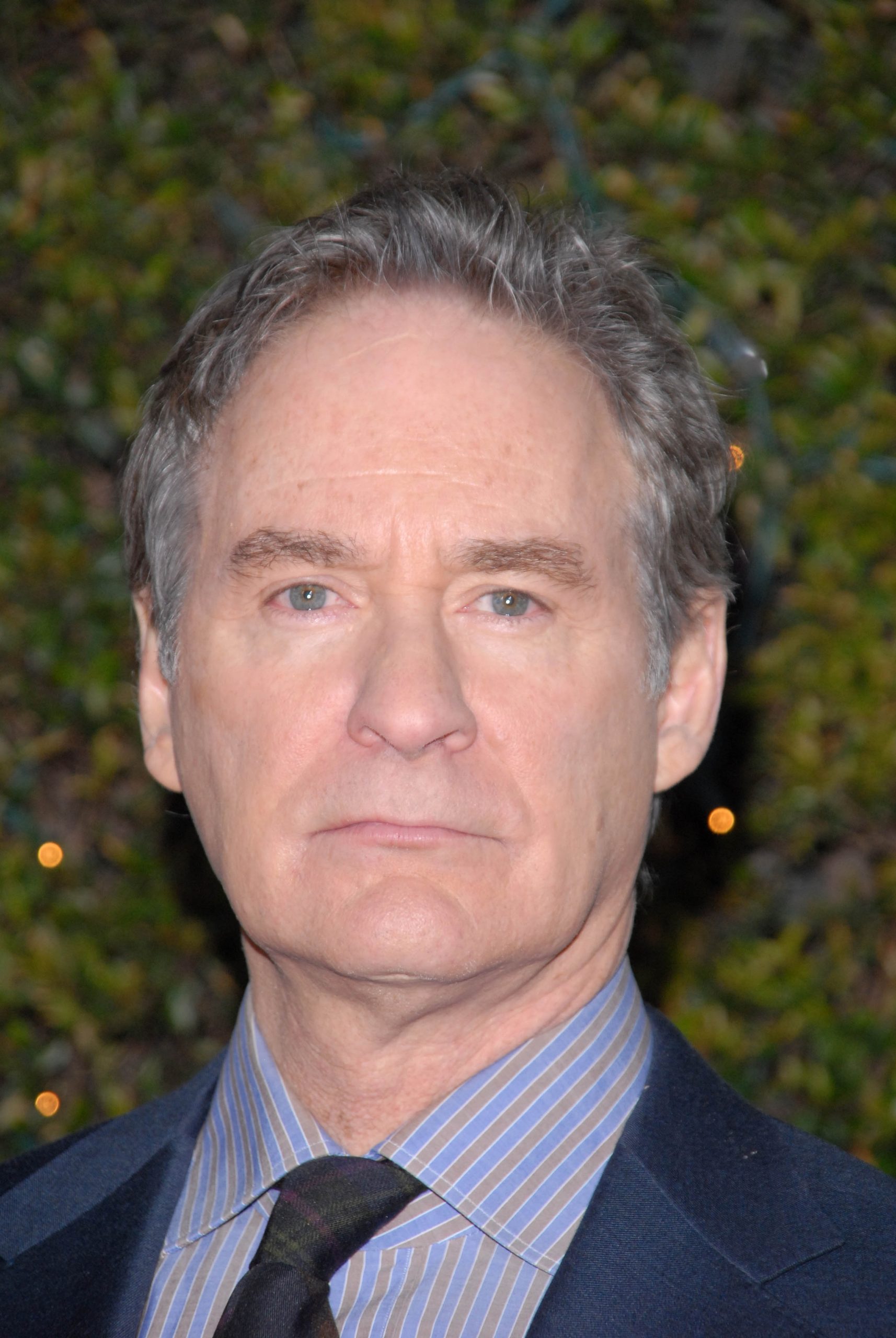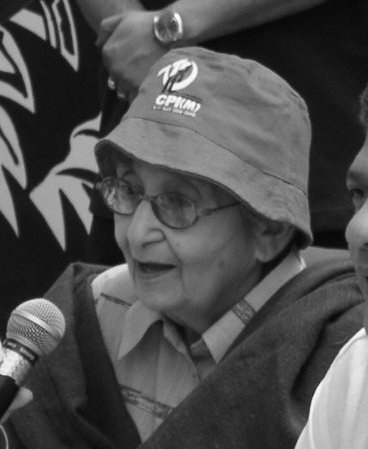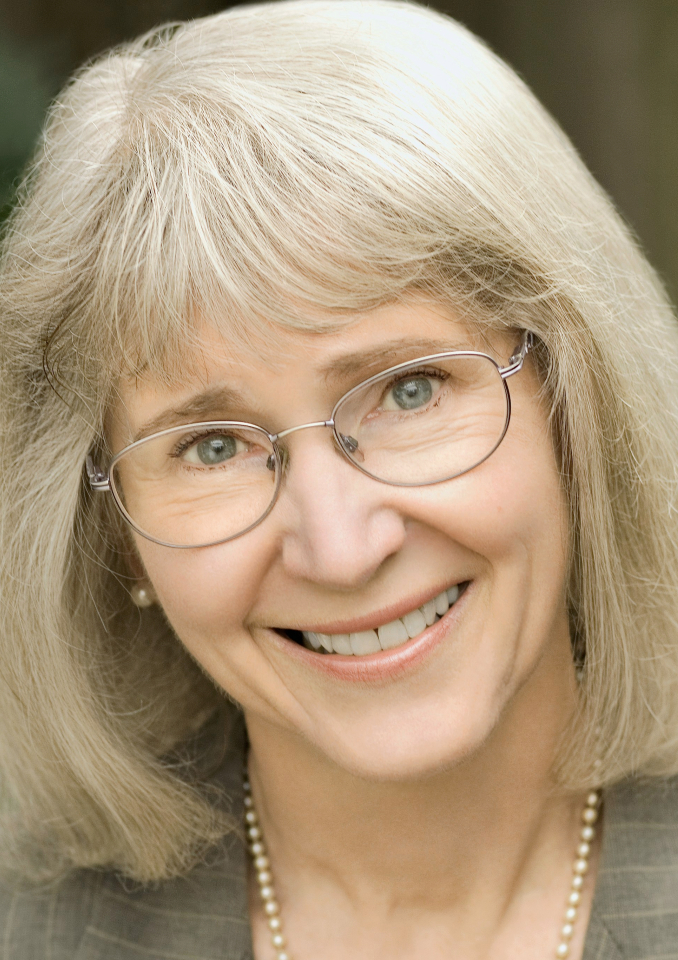October 24
Kevin Kline

On this date in 1947, actor Kevin Delaney Kline was born in St. Louis, Missouri. Though his father was Jewish and reportedly agnostic, Kline was raised in Catholicism, his mother’s religion, and attended Catholic school. (St. Louis Post-Dispatch, Sept. 7, 1996) Kline graduated from Indiana University at Bloomington in 1970 with a degree in acting. He then attended the Julliard School for Drama in New York City and toured with the prominent City Center Acting Company.
Kline won a Tony Award in 1978 for his performance in the musical “On the Twentieth Century,” one in 1981 for Best Actor in a Musical for “The Pirates of Penzance” and one for Best Actor in a Play for the 2017 revival of “Present Laughter.” His first film, “Sophie’s Choice” (1982) starring Meryl Streep, earned him nominations for a Golden Globe and a BAFTA Award. In addition to “Sophie’s Choice,” Kline was nominated for Golden Globes for “Soap Dish” (1991), “Dave” (1993), “In and Out” (1997) and “De-Lovely” (2004).
Some of his other films include “The Big Chill” (1983), “Silverado” (1985), “I Love You to Death” (1990), “Grand Canyon” (1991), “French Kiss” (1995), “The Ice Storm” (1997), “A Midsummer Night’s Dream” (1999), “Life as a House” (2001), “The Emperor’s Club” (2002), “A Prairie Home Companion” (2006), “Definitely, Maybe” (2008) and “No Strings Attached” (2011), which starred Natalie Portman. Since 2011 he’s had a recurring role on the animated Fox comedy series “Bob’s Burgers.”
Kline won the 1989 Best Supporting Actor Oscar for “A Fish Called Wanda.” Having starred in numerous Shakespeare plays throughout his career, Kline won a Screen Actors Guild Award for his role in the film version of “As You Like It” in 2008.
Kline is an activist for juvenile diabetes research, a condition that afflicts his son. In 2004, Meryl Streep presented Kline with the Juvenile Diabetes Research Foundation’s Humanitarian of the Year Award. Kline married actress Phoebe Cates in 1989 and they have two children.
“You see, I do exist.”
— Kline answering the question "If heaven exists, what would you like to hear God say when you arrive at the pearly gates?" Bravo TV, "Inside the Actor's Studio" (Oct. 21, 2001).
Lakshmi Sahgal

On this date in 1914, revolutionary Lakshmi Sahgal, née Lakshmi Swaminathan, was born in Madras, India. She studied medicine at Madras Medical College and graduated in 1938. In 1940 she opened a medical clinic for poor Indian migrant laborers in Singapore. When Japan began occupying Singapore in 1942, Sahgal used her medical skills to helped wounded Indian prisoners of war. When the Indian nationalist leader Subhas Chandra Bose arrived in Singapore to form the Indian National Army to fight for Indian independence from the British, Sahgal met with him to see how women could be included in the movement.
Sahgal created and trained the only all-female military unit in Singapore, called the Rani of Jhansi regiment. The regiment was never used in combat and the women in the unit mainly worked as nurses. The British military later arrested Sahgal, who was a captain in the Indian National Army. She was in prison for less than a year. The British chose to release her because of anti-British sentiment in India.
Sahgal continued to practice as a doctor, undercharging her mostly poor patients. In 1971 she joined India’s communist party and became an active voice in Indian politics. She was elected to India’s upper house of parliament in 1971 and unsuccessfully ran for president on a platform of equality in 2002. She was a supporter of women’s rights and education and advocated for ending the practice of dowries, child marriages and allowing widows to remarry.
Sahgal married a fellow army officer, Prem Kumar Sahgal, in 1947. They were married until his death in 1992 and had two children. Sahgal died in 2012 at age 97.
"I have always been an atheist. My parents were atheists. It doesn’t bother me if somebody is religious. My problem is when religion is used to institutionalize other things."
— Sahgal's daughter Subhasini Ali, politician and labor activist, Rediff.com interview (Aug. 8, 2001)
Eugenie Scott

On this date in 1945, anthropologist and educator Eugenie Carol Scott was born in La Crosse, Wis., to Virginia (neé Derr) and Allen Scott. She was raised in Christian Science by her mother and grandmother but later, influenced by her sister, joined a Congregational church.
She earned a B.S. and an M.S. from the University of Wisconsin-Milwaukee and a Ph.D. in biological anthropology from the University of Missouri in 1974. Her dissertation title was “Dental Evolution in Pre-Columbian Coastal Peru.”
Scott then joined the University of Kentucky in Lexington as a physical anthropologist. A citizens group proposed in 1980 that Lexington’s schools should teach creationism. She took a group of students to a debate in Missouri between her mentor James Gavan and “young Earth” creationist Duane Gish. Her group was “greatly dismayed,” she recalled later. “The scientist talked science, and the creationist connected to the audience and told good jokes and was really personable. And presented a lot of really bad science.” (New York Times, Sept. 2, 2013)
The scientific community saw the need to push back and in 1983 formed the National Center for Science Education (NCSE) with the goal of “defending the teaching of evolution in public schools.” Scott assumed the helm as its first national director in 1987. Based in Oakland, Calif., she served in that position for the next 27 years.
She had married Robert Black in 1965. After divorce, she married Thomas Sager in 1971. Their daughter, Carrie Ellen Sager, is an attorney specializing in state-church separation, employed as of this writing in 2022 as a staff attorney for HomeBase, The Center for Common Concerns, in El Cerrito, Calif.
“Scott describes herself as atheist but does not discount the importance of spirituality,” said a San Francisco Chronicle news story. (Feb. 7, 2003) “Science is a limited way of knowing, looking at just the natural world and natural causes. There are a lot of ways human beings understand the universe — through literature, theology, aesthetics, art or music.”
If she called herself an atheist to the Chronicle writer, it was out of character because Scott typically said she was a pragmatic humanist, at least in regards to her NCSE work. In another article, she joked that sometimes she thinks her first name is “Atheist” because she’s called “Atheist Eugenie Scott” so much. Evolutionary biologist Jerry Coyne has criticized her and NCSE for their “accommodationist” stance on religion, calling it “offensive and unnecessary — a form of misguided pragmatism.” (Discover magazine, May 27, 2009)
“You need to make it very clear you are not a humanist organization, you’re not an atheist organization, you’re not a religious organization, you are religiously neutral,” she remembers Fred Edwords of the American Humanist Association telling her. “You stand for science and science education.” (Interview with Canadian sociologist Tom Kaden, May 14, 2012)
The anti-evolutionists next invented a pseudoscience called “intelligent design” to invade schools. Scott served as a pro bono consultant in the landmark Kitzmiller v. Dover trial, in which federal Judge John Jones ruled in 2005 that it was a form of creationism and hence unconstitutional.
David Berlinski, author of “The Devil’s Delusion: Atheism and Its Scientific Pretensions,” wrote: “Eugenie Scott is a small squirrel-like creature who is often sent out to defend Darwin. Whenever doubts are raised, she withdraws a naturalistic nut from her cache and flaunts it proudly.” (Discovery Institute, March 17, 2006) Scott countered by calling herself “Darwin’s golden retriever,” playing on the description of biologist T.H.H. Huxley as “Darwin’s bulldog” for his spirited advocacy.
NCSE then waged battles in Florida, Texas and elsewhere against efforts allowing teachers to “teach the controversy” about evolution so students could “analyze and evaluate” the theories. (Scientific American, June 1, 2009) In Cobb County, Georgia, a school board ordered insertion of disclaimers in science textbooks that said “evolution is a theory, not a fact” and should be “critically considered.”
Scott was the recipient in 2012 of its Richard Dawkins Award by the Atheist Alliance of America, given to “individuals it judges to have raised the public consciousness of atheism.”
“My personal view is I'm not religious. I don't accept the Christian view of things.”
— Interview with York University sociologist Tom Kaden for his research project on how people view the relationship between religion and science. (May 14, 2012)
